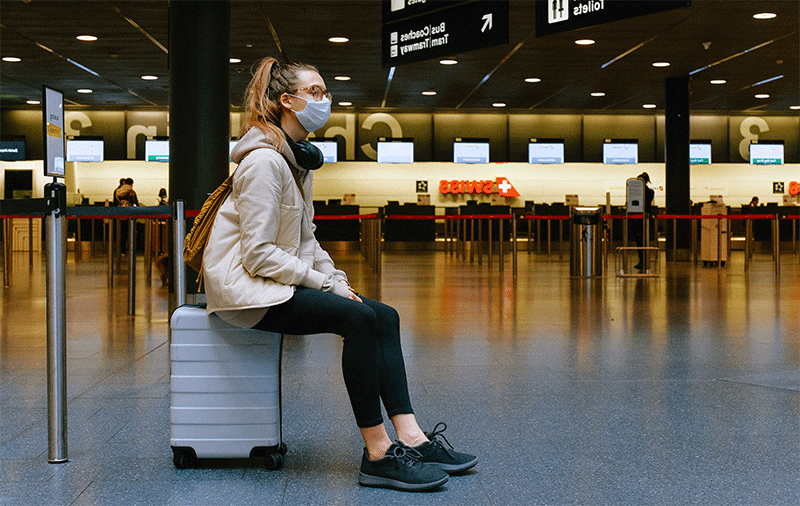
Two current ARG studies received NIAAA supplemental awards to look at how the pandemic has impacted our lives. The first is a supplement to our National Alcohol Research Center which will follow up on the latest U.S. National Alcohol Survey. Beginning in January 2021, we will be asking people about their experiences during the pandemic — from changes in economic status to their mental health and well-being and especially their drinking and other drug use. We will also determine how the pandemic differentially impacted disadvantaged or vulnerable communities to better inform more equitable public health approaches.
The 2019-2020 National Alcohol Survey (N14) completed fielding on April 20, 2020 with 80% of cases collected before March 2020 and included web survey respondents recruited through address-based sampling and telephone respondents recruited through random digit dialing.
This project, led by William C. Kerr, center director and senior scientist, will re-survey 1,500 N14 participants with a follow-up focused on drinking, substance use, and COVID-19 risk behaviors and attitudes. New questions include recent substance use behaviors and problems, physical and mental health, and COVID-19-related risk behaviors, attitudes and impacts, including job loss and financial insecurity, mask wearing, hand washing and congregating in groups of non-household members.
—LEARN MORE ABOUT THE CENTER COVID-19 PROJECT—
The COVID-19 pandemic may be particularly harmful to the physical health and wellbeing of those in recovery from alcohol and other drug disorders. Among individuals in recovery from these disorders, those living in recovery housing are among the most vulnerable. A supplement to the national longitudinal survey of recovery residences (the NSTARR study), directed by ARG scientist Amy Mericle, will provide requisite data to better understand the impact of the COVID-19 pandemic on recovery housing and how recovery residences are responding to it.
 Survey questions will determine the extent to which the pandemic has affected sources of revenue for the residence, policies and practices, and programming for residents. An additional sample of residences will be asked to complete a COVID-19-specific survey that also collects information on implementation of COVID-19 guidance to ensure resident and staff safety.
Survey questions will determine the extent to which the pandemic has affected sources of revenue for the residence, policies and practices, and programming for residents. An additional sample of residences will be asked to complete a COVID-19-specific survey that also collects information on implementation of COVID-19 guidance to ensure resident and staff safety.
These residences will be geocoded and linked with US Census data, COVID-19 case rates, and geo-located data for federally qualified health centers (FQHCs) and publicly-funded hospitals. They will also be resurveyed 6 and 12 months later to track changes over time. Finally, operators of residences that are no longer open will be asked to participate in a semi-structured interview about the role that COVID-19 may have played in residence closure.






